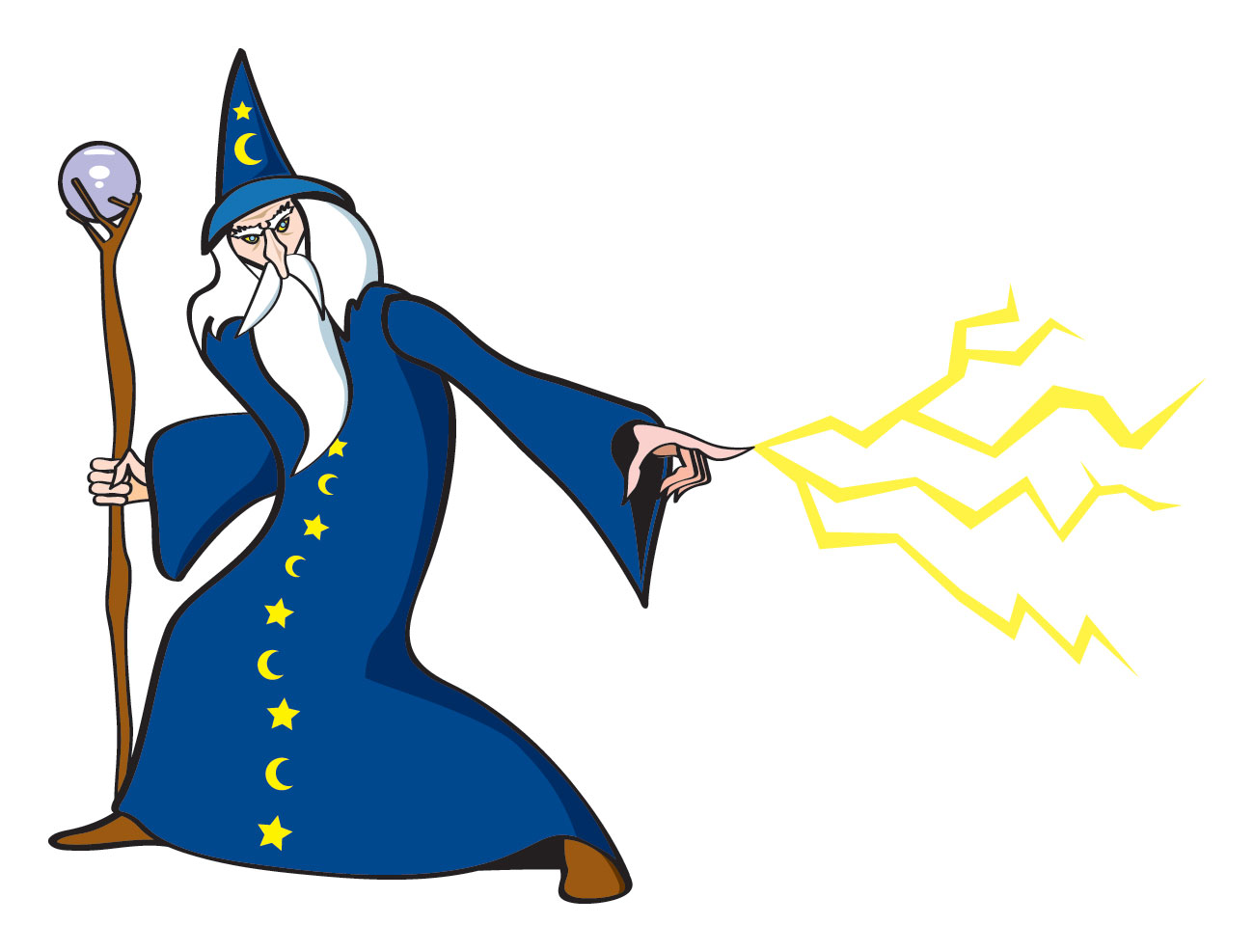
MAGIC
Magic in a comic book game should, under the original rules from the 1980s, tend to be an all-encompassing origin and source of power, meaning that for example if a character uses magic they should not also be a high tech type character in a standard campaign. There are exceptions to every guideline but the thinking behind the "magic exclusivity" guidance is that rolling up a character pulled in too many directions at once ends up being a mess, and the best superheroes are all extremely clear and quickly understandable. That doesn't mean a magic item can't end up in the hands of a high tech type hero or whatever else, it's more about your vision for the character. Disagree with this guidance? IGNORE IT! It's always about what the players agree and what is fun!
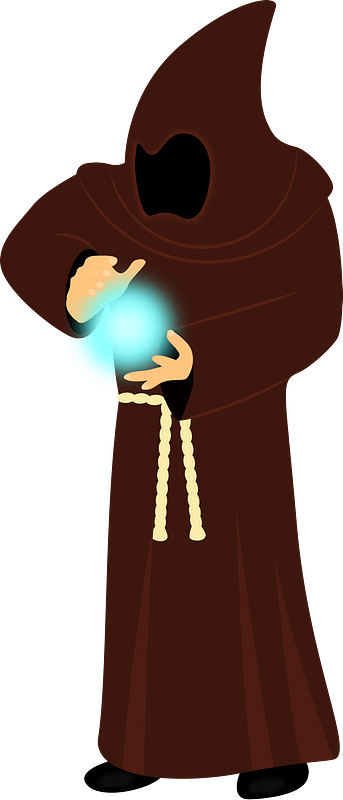
Cults
Cults are religious groups, often super Teams, centered around a single individual. Usually, this individual is in contact with a daemonic, Alien or interdimensional entity that is of Cosmic power levels but in some way constrained from directly interfering on Earth, or is held back from doing so Until The Stars Are Right.
The Cult leader is a supervillain of some kind. Often costumed complete with a headdress or mask, robes and some sort of medallion or other item, they give orders, arrange assassinations, kidnapings, abduction of the children of prominent citizens who might otherwise make trouble, and supervise all the other criminal activities a Cult carries out. Cults by their very nature usually need a front business, but that front business often doesn't make enough money for the people in charge of the cult. So most Cults also run a criminal operation of some kind be it something as lucrative as drug distribution or as odd and specialized as art fraud or medical quackery.
In terms of the Teams rules provided on this site, Cults are usually (not always) Chartered Themed Batallions.

The normal members of a cult are often lost souls capable of following orders, often with personality disorders making them quite prepared to do terrible things. "Make a small man think he serves a great cause, and he'll do anything for you. Even murder." Above the general mook cultists however there could be supervillains, Aliens in disguise, ex-military, outlaw motorcycle gang members and people of Average or above income who get special treatment in the Cult in return for leading a double life and helping the Cult in conspiratorial ways by accessing information, falsifying documents, helping the Cult escape justice or committing medical misconduct.
Cult Magic is always conferred by whatever nonhuman Cosmic level entity the Cult serves. The exact nature of the magic varies but it always is given by the entity and if the entity is finally permanently defeated / killed / banished from Earth / sealed off in its own dimension, all members of the Cult who have Powers that are magic given by this entity instantly lose those Powers. They simply cease to work.
Belonging to a Cult is an evil act. When first signing the document (in blood?) to join the Cult, the character loses -20 Karma. Each week they remain in the Cult even if they do no other evil themselves costs them -5 Karma. When a character in a Cult first reaches zero Karma they suffer a Spiritual Crisis. They have the choice then of becoming a would-be supervillain or remaining a normal person. The Cult leadership already made that choice themselves long ago.
Some Cults are Daemonbuilders. A Daemonbuilder Cult has a "god" currently smashed into pieces, exiled or imprisoned and who has to have an item or segments of its own flesh reassembled before its full power is manifested on Earth. The Cosmic power currently given to the Cult is supposedly but a fraction of what power will be given to its servants when the item is rebuilt, all the pages of the book are replaced, the statue is repaired, its body parts are all retrieved or all the holy items that bind are destroyed.
Many Cults are astrology obsessed, with days, times of the year, seasons, planetary and stellar alignments and the phases of the Moon intricately bound into the occult mathematics on which Cult magic is based.
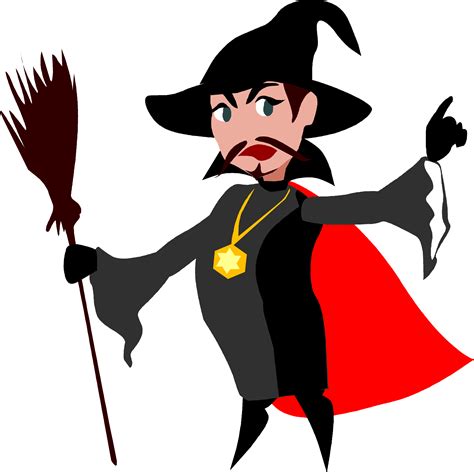
High Sorcery
High Sorcery is magic cast by saying rhymes out loud. In a situation where speech is impossible - High Sorcery is impossible. The player playing the character must come up with a poem that rhymes and is at least four lines long. If they say this successfully, their character has successfully cast a spell. High Sorcery can cause a one round duration effect that simulates any Power whatsoever. The Rank of this magic effect is Average. However if the character desires a more powerful effect they can roll on Psyche to improve the Power - a normal success increases the spell Rank +1RS, Silver result improves it by +2RS and Gold improves it by +3RS. If Karma is spent on any such roll, that particular spell improves permanently in Rank after ten successful rolls involving Karma spending.
Magic Items
As per the Gimmick rule given on page 19 of the FASERIP RPG rulebook, any or all Powers of a character can be conferred by a magic item. This could be several magic items each completely different from each other such as a Wand of ESP, a Ring of Elemental Control - Air (Flight) and a Crown of Stretching for example. But really it can be a single item with several powers, there is really no limit to what it is. This might be a situation where a random form for an item could be useful; if so roll on the Magic Item Form chart below.
Magic Item Form: 1d100
1. Abacus2. Amulet (metal object on a chain)
3. Armband
4. Axe
5. Badge
6. Belt
7. Blindfold
8. Bone
9. Book
10. Bottle of Glue
11. Box of Matches
12. Brooch
13. Calculator
14. Cap
15. Cape
16. Cardboard Box
17. Chair or Throne
18. Chess Piece
19. Child’s Toy
20. Cloak
21. Club
22. Dagger
23. Deck of Cards
24. Dial (magical device with a means to choose settings)
25. Dice
26. Domino Mask
27. Eyepatch
28. Facemask (full face)
29. False Moustache
30. Feather
31. Fork
32. Full Length Mirror
33. Gauntlet (metal glove)
34. Gemstone
35. Giant-Sized normal item – re-roll
36. Girdle (or Wrestler’s Belt)
37. Glass Eye
38. Glove
39. Gun
40. Hammer
41. Hand Mirror
42. Headband
43. Helmet
44. Hood
45. Idol
46. Keyboard
47. Knife
48. Lamp
49. Lantern
50. Loincloth
51. Magical Living Eye
52. Mah Jongg Tile
53. Medal
54. Medallion (metal disc on a chain)
55. Medicine Bundle
56. Monocle
57. Necklace
58. Needle
59. Orb (crystal ball or large polished gemstone)
60. Origami model
61. Paintbrush
62. Pair of Boots
63. Pair of Gloves
64. Pair of Shoes
65. Pair of Slippers
66. Pencil with Eraser
67. Potion (bottle or other container of magical liquid)
68. Pouch of Magical Dust
69. Primitive Mask
70. Puzzle Box
71. Ring
72. Rope
73. Rosary
74. Saddle
75. Scissors
76. Scroll
77. Shirt
78. Skull
79. Skullcap
80. Spear
81. Spectacles (Glasses)
82. Spoon
83. Staff
84. Stone Tablet
85. Suit of Armor
86. Sunglasses
87. Sword
88. T-Shirt
89. Tattoo
90. Thimble
91. Tooth
92. Top Hat
93. Torc
94. Torch (either a firebrand or electric model)
95. Totem (wooden idol in form of Element or animal)
96. Wand
97. Wood Carving
98. Wooden Tablet
99. Worry Beads
100. Wristband
The items above are just suggestions, don't let a random roll spoil your character!
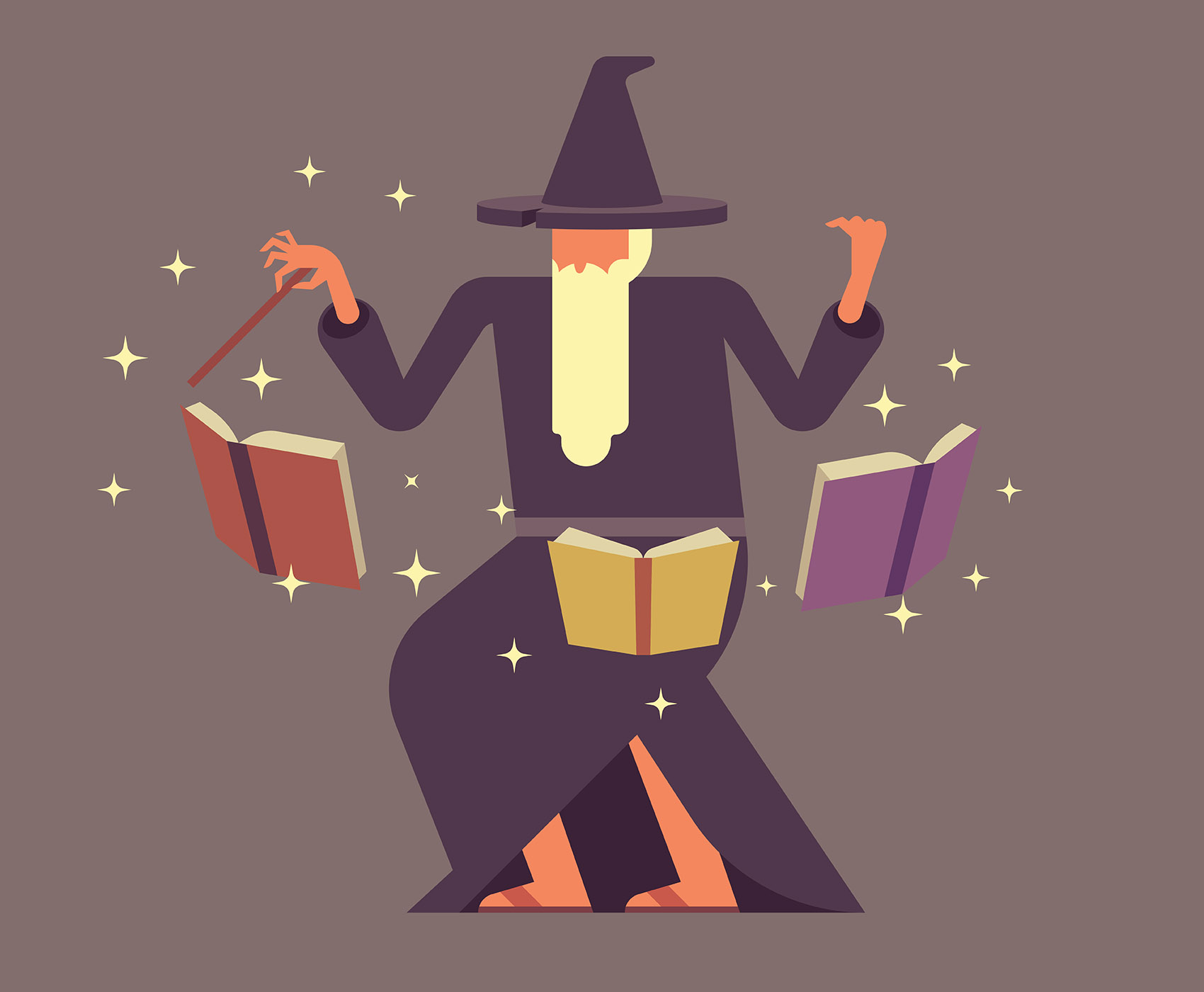
Schools of Magic
Instead of having ANY other Powers, a character can elect to be a Magician from a School of Magic.
Each School of Magic is a collection of Wizards all of whom research repeatable spell effects and consent to follow a set of rules and preclusions.
Every School of Magic has a Signature. This Signature takes the form of renouncing all other forms of Magic and Powers outside the School. The Signature also associates all the spells of the School with an ancient language, a colour or type of appearance and an element or concept – for example fire, slavery, healing, human supremacy, destroying undead, dragons or heroism, etc. Typical Signatures also result on Wizard or Magicians of that School being referred to collectively, for example "Servants of the Secret Flame", "Students of Pigboil's Academy", "Wizard's Guild members" and so on.
However, in return for this sacrifice the Wizard of a School of Magic gains the ability to use four defined spells, which are the spells all people in that School are successfully taught. These four spells count as if subject to a Speciality bonus of +1 RS and are useable as many times per session or game day as the Wizard pleases, until a roll to use them is failed. Once that happens the spell for which the roll failed is “lost” for the rest of that session or game day due to mental exhaustion on the part of the School Wizard with respect to that specific spell.
All School Magic spells begin at a Rank Value of AVERAGE for consideration of any of their effects. After receiving the spells, they can each be improved independently under the standard FASERIP rule: every ten uses of karma on successful rolls advances the spell one Rank.
All School Magic spells do not endure, ie they take effect and exist for one round unless the type of effect (conjuring up a Wall, creating Body Armor) is such that it would have a duration, in which case its duration is equal to the Rank Value of the spell in rounds.
To use any of the four spells the Wizard of a School of Magic rolls against his or her Reason on the Master Table. Remember there is a +1 RS bonus on this roll. Reason rather than the Rank of the spell is used because this sort of magic is LEARNED. The power of the spell is separate from the learning required to obtain it.
Each of the four spells has an effect identical to a Power chosen or randomly rolled. Once chosen or rolled, this has set the spells for ALL the School members.
A School Wizard in good standing, should they be killed in the line of duty on an adventure, will always have their death investigated by other Wizards of the School, to ascertain the circumstances and see if this is something that is part of a larger threat. If it is, then other School Wizards will be sent to explore and deal with that threat.
It is also possible to play a child or Novice character from a School of Magic. They will have between one and three of the normal four spells and since they are still learning the Power Rank of each of their spells will begin at Bad (04) and not Average. The first time such a character earns the right to improve their spells' Ranks, they can instead receive (roll up / choose) the last of the four spells from their School. This spell should probably already have been generated since other Wizards in the School will already know it.
Advanced students of a School will, with the School's help, develop many new spells. Each of these spells is simply a magical Device, developed as a prototype under the Building Devices (FASERIP rulebook, pages 50 to 51).
Magic Spells from a School ALWAYS have distinctive names of a particular style. They could be in pig latin or some latinate gibberish ("Stretchiarmus!"), old fashioned sounding ("Dweomer of Elasticity"), obscure and metaphorical ("The Butterfly Alights Upon The Branch But Finds No Rest") or an odd mix of descriptive poetic ("Average Elasticity Spell").
When a spell is improved past its default Rank, it can be renamed as a new version of the same spell. This new name can take the form of adding "Improved" to the front of the spell name, for example "Improved Stretchiarmus". When a spell has been improved in Rank to Cosmic power level it is named after the first Wizard to ever have improved it to that Rank, for example "Larry Cotter's Stretchiarmus". Tales are told of the adventures that led to the maximum Ranking of the spell.
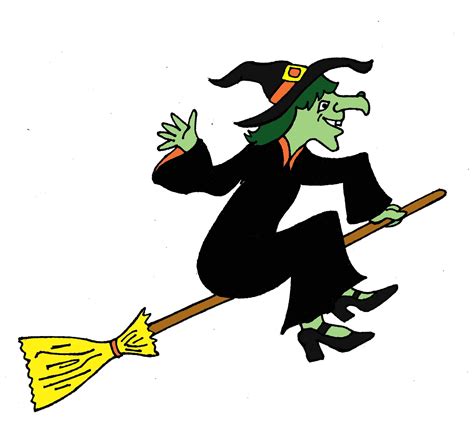
Witchcraft
Witches are naturally born magic users. Their magic powers come from their own physical forms, whether they are channelling forces from other universes, making pacts with creatures from other dimensions, using mind force to affect the physical world, or casting spells they have learned from books. A female witchcraft user is a Witch; a male witchcraft user is a Warlock.









